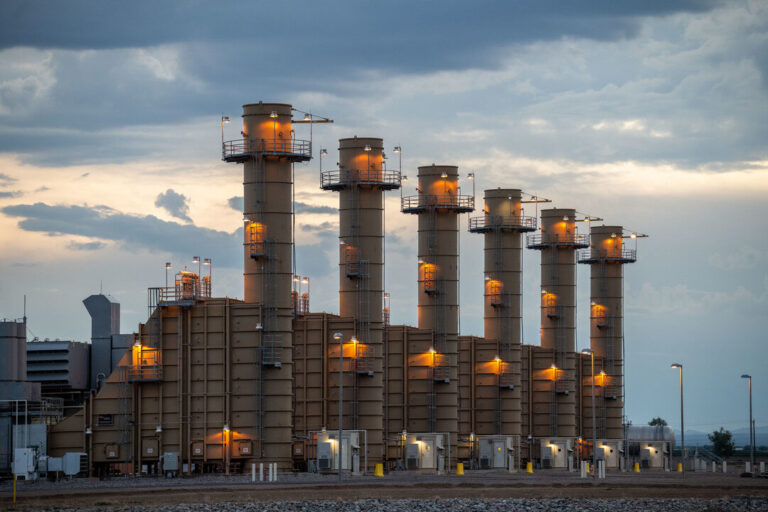Coloradans Urge Governor Hickenlooper Not to Swear In Glen Vaad to Utility Commission
Despite widespread concerns over conflicts of interest, Gov. Hickenlooper has not yet cancelled the swearing in of Glenn Vaad to the Colorado Public Utility Commission on Wednesday, January 8 at 9:00 AM.
Controversy flared after Vaad’s “deep and substantive ties” to the American Legislative Exchange Council (ALEC) were made public last week by Friends of the Colorado PUC. ALEC is a corporate lobbying group whose membership includes ExxonMobil, Koch Industries and Xcel Energy’s trade association, the Edison Electric Institute (EEI).
Hundreds of concerned Coloradans have signed an online petition calling on Gov. Hickenlooper to reject Vaad’s appointment to the PUC fearing Vaad’s nomination will harm Colorado’s ability to add more renewable energy to the grid and damage the state’s cleantech sector which employs 22,000. In 2013, ALEC lobbied lawmakers in 15 states to introduce legislation repealing Renewable Energy Portfolio Standards. Petition comments urge the Governor to protect the future of renewable energy in Colorado.
“There is a clear conflict of interest – Glenn Vaad was a high-ranking representative of ALEC, which is coordinating a national attack on clean energy,” explains Gabe Elsner, Executive Director for the Energy and Policy Institute, “ALEC’s utility and fossil fuel members are now launching a new wave of attacks on clean energy policies like solar net metering. There’s a real threat that Mr. Vaad will serve ALEC’s special interest members instead of Colorado families.”
Furthermore, an October 2012 report entitled “Buying Influence” by Common Cause indicates that Vaad received ALEC “scholarships” in 2006, 2007 alnd 2008 from the corporate lobbying group ALEC including scholarship money from Xcel Energy. These corporate funded gifts paid for Rep. Vaad’s travel to ALEC’s conferences, where lobbyists draft model legislation in partnership with state legislators. Whistle blower documents provided to the Center for Media and Democracy (CMD) expose that former Rep. Glenn Vaad quietly received an ALEC “State Legislator of the Year” Award in 2012.
If appointed to the PUC, Vaad will be ruling on renewable energy cases that could significantly benefit Xcel Energy. The Colorado PUC will consider cases regarding the implementation of renewable portfolio standards and the transfer of Xcel Energy assets to the City of Boulder as part of a voter-backed municipalization process.
And on February 3, a Colorado PUC hearing will consider an Xcel Energy proposal to rollback solar net metering. Solar net metering gives rooftop solar customers full credit for the excess energy they deliver to the grid, energy that the utility turns around and sells at the full retail rate to homes nearby.
“Coloradans have spoken out for a clean energy future that includes rooftop solar. Colorado ranks 7th in the nation for solar with 314 MW of solar generation installed and 328 solar companies creating a bright future,” says Elsner. “Now that Vaad’s ALEC background has come to light, Gov Hickenlooper should reject Vaad’s conflict-laden appointment and work to find a PUC Commissioner that will work for the best interests of the people of Colorado.”
Xcel Energy operates in eight states. According to Xcel’s 2012 Year End Earnings Report, Colorado was responsible for nearly half of Xcel’s profits of $905 million due to recent rate hikes. Xcel Energy did not renew its national ALEC membership in 2012. However, Xcel has spent hundreds of thousands of dollars each year funding its trade association EEI, which is a member of ALEC and recently worked with ALEC on an anti-solar net metering model bill. Payments from Xcel Energy to its trade association EEI, along with payments from EEI to ALEC are documented on the Friends of the Colorado PUC website.



